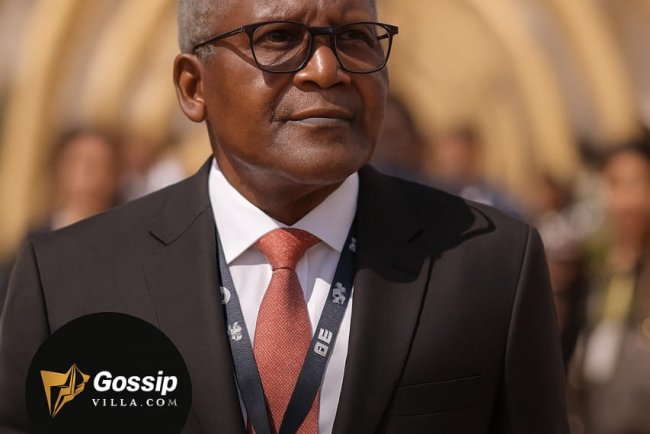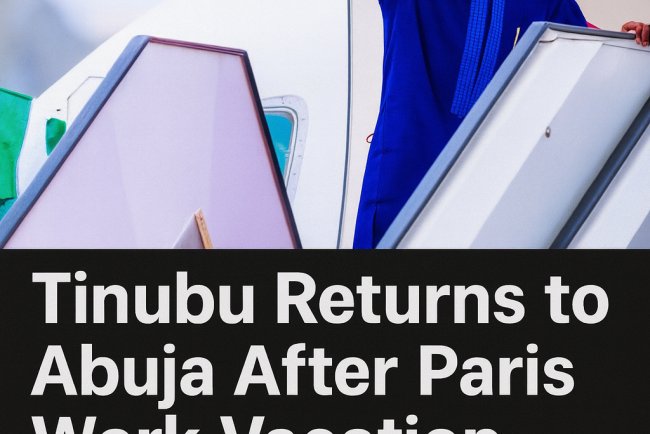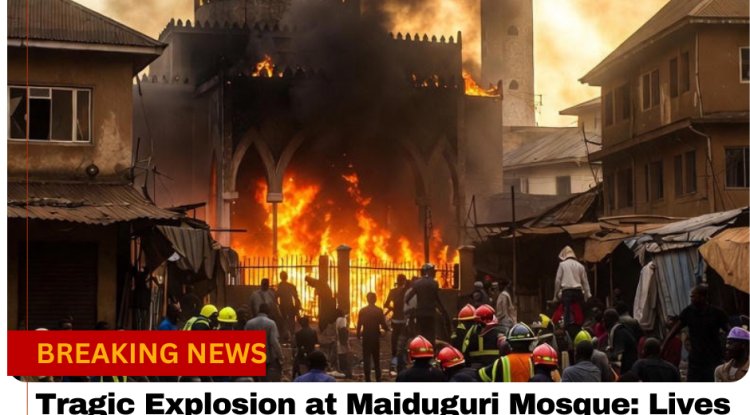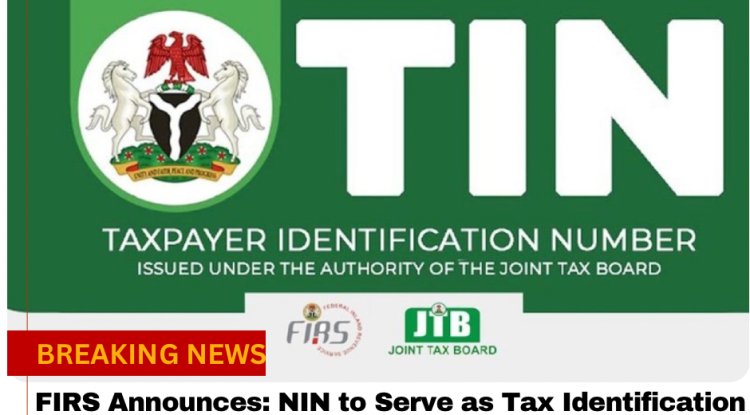Governor Alex Otti’s Bold Vision: Elevating Aba to Outshine Dubai, Not Lagos
Governor Alex Otti vows to transform Aba into a global commerce hub, rivaling Dubai, not Lagos, amid demolitions targeting Igbo businesses in Lagos.
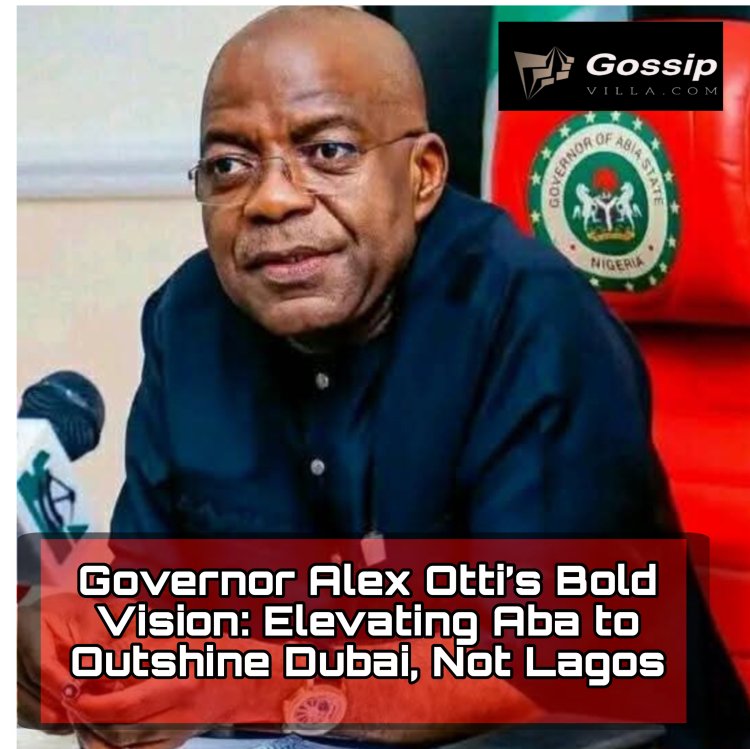
Governor Alex Otti’s Bold Vision: Elevating Aba to Outshine Dubai, Not Lagos
In a fiery rebuke that has ignited debates across Nigeria’s political and economic landscape, Abia State Governor Alex Otti declared on October 4, 2025, that his administration has “no business with Lagos” and is instead aiming to outshine global giants like China and Dubai. “My competition is with China and Dubai. By the time I’m done with Aba, Lagos will look like a village,” Otti stated during a press briefing in Aba, directly responding to the ongoing demolitions of Igbo-owned businesses in Lagos. This audacious claim underscores Otti’s ambitious blueprint to reposition Aba—the commercial heartbeat of Igboland—as a world-class manufacturing and innovation hub, even as regional tensions simmer over perceived economic marginalization.
Otti’s words come at a pivotal moment, as outrage mounts over the Lagos State Government’s aggressive urban renewal drive, which has razed thousands of structures, many belonging to Igbo traders. While Lagos officials insist these actions are lawful and necessary for city planning, critics, including prominent Igbo leaders, decry them as discriminatory and a continuation of historical injustices against the Southeast’s entrepreneurial spirit. In this context, Otti’s vision isn’t just rhetoric; it’s a strategic pivot toward self-reliance, urging Igbo investors to redirect their energies homeward.

The Lagos Demolition Crisis
The demolitions in Lagos have escalated dramatically in 2025, drawing international scrutiny and domestic fury. On September 30, hundreds of predominantly Igbo traders from the Lagos International Trade Fair Complex protested the razing of over 19 buildings at the New Mandela Plaza, labeling it “willful, malicious, and illegal.” The affected structures, which housed bustling markets and warehouses, were demolished under heavy security, displacing business owners and causing billions in losses amid Nigeria’s biting economic hardships.
This isn’t an isolated incident. The Ohanaeze Ndigbo, the apex Igbo socio-cultural body, revealed on October 5 that at least 2,753 Igbo-owned properties have been demolished in Lagos since 2019, with more targeted actions slated for 2026. Earlier in February, the Association of Igbo Town Unions (ASITU) petitioned the United Nations and ECOWAS over the destruction of trading plazas at Ebute Ero Market, accusing the state of “systematic expropriation” and violations of property rights.
Lagos State Commissioner for Physical Planning and Urban Development, Oluyinka Olumide, defended the actions, emphasizing that approvals under the Nigerian Urban and Regional Planning Act (1992) are mandatory, and non-compliant structures must go—regardless of ownership. Yet, voices like Peter Obi, the 2023 Labour Party presidential candidate, have condemned the exercise as a “test of impunity,” noting that many affected buildings held federal approvals. Deputy Speaker Benjamin Kalu amplified the call on October 4, urging President Bola Tinubu to intervene: “Our hearts are bleeding… Appeal to the Lagos governor to allow regularization instead of destruction.”
These events evoke painful memories of the 1966 pogroms and the Biafran War, where economic sabotage preceded violence. For many Igbos, who contribute disproportionately to Lagos’s economy through trade and remittances, the demolitions feel like a deliberate squeeze on their foothold in Nigeria’s commercial capital.
Otti’s Counter-Narrative
Enter Governor Alex Otti, a former banker and Labour Party stalwart who assumed office in 2023 with a mandate for renewal. In his October 4 address, Otti contrasted Abia’s constructive path with Lagos’s “pulling down” of shops: “While some governments are busy frustrating traders, we are transforming Aba into Africa’s Dubai—a global hub for commerce, innovation, and manufacturing.” This isn’t empty bravado; Otti’s administration has rolled out tangible initiatives to revive Aba, once Africa’s “Japan” for shoe and garment production but crippled by neglect.
Key projects include the Aba Integrated Power Project, aiming for 24/7 electricity to fuel factories; extensive road rehabilitations like the 6km Port Harcourt Road, now a symbol of progress; and smart city plans incorporating technology and waste management. In 2024, Otti banned underperforming Chinese contractors, prioritizing local empowerment and quality. Free compulsory education for all residents, effective January 2025, addresses human capital, while partnerships with the Methodist Church for a new university signal long-term investment in innovation.
Otti’s vision draws inspiration from Dubai’s transformation from a desert trading post to a skyscraper-lined metropolis, and China’s manufacturing boom. Aba, with its 1.5 million residents and rich artisan heritage, boasts over 10,000 small-scale industries producing everything from textiles to electronics knockoffs. By fostering an enabling environment—through tax incentives, security upgrades, and export promotion—Otti aims to attract FDI and stem the brain drain. “We’re not waiting for handouts; we’re building factories that will employ millions,” he emphasized.
Broader Implications
Otti’s remarks have polarized opinions. Supporters hail it as a rallying cry for Southeast autonomy, echoing Kalu’s plea for a regional seaport to boost trade. Detractors warn of heightened ethnic friction, potentially deterring investors in a nation already grappling with 34% inflation and youth unemployment. Yet, the governor’s approach aligns with global trends: cities like Shenzhen in China rose by prioritizing manufacturing over rivalry.
For Igbo traders displaced in Lagos, Otti’s invitation is clear—return to Aba, where policies favor builders over demolishers. As Kalu noted during Aba project commissions on October 4, acknowledging federal support under Tinubu could unlock more funds for such transformations. Ohanaeze urges relocation to the Southeast, warning of future risks in Lagos.
In the end, Otti’s Dubai dream challenges Nigeria to confront its federal character: Can Lagos thrive without the Igbo hustle it often sidelines? Aba’s rise could redefine the federation, proving that competition with the world trumps internal squabbles. As Otti builds, the nation watches—will Aba eclipse Lagos, or will unity prevail?
News source
What's Your Reaction?








